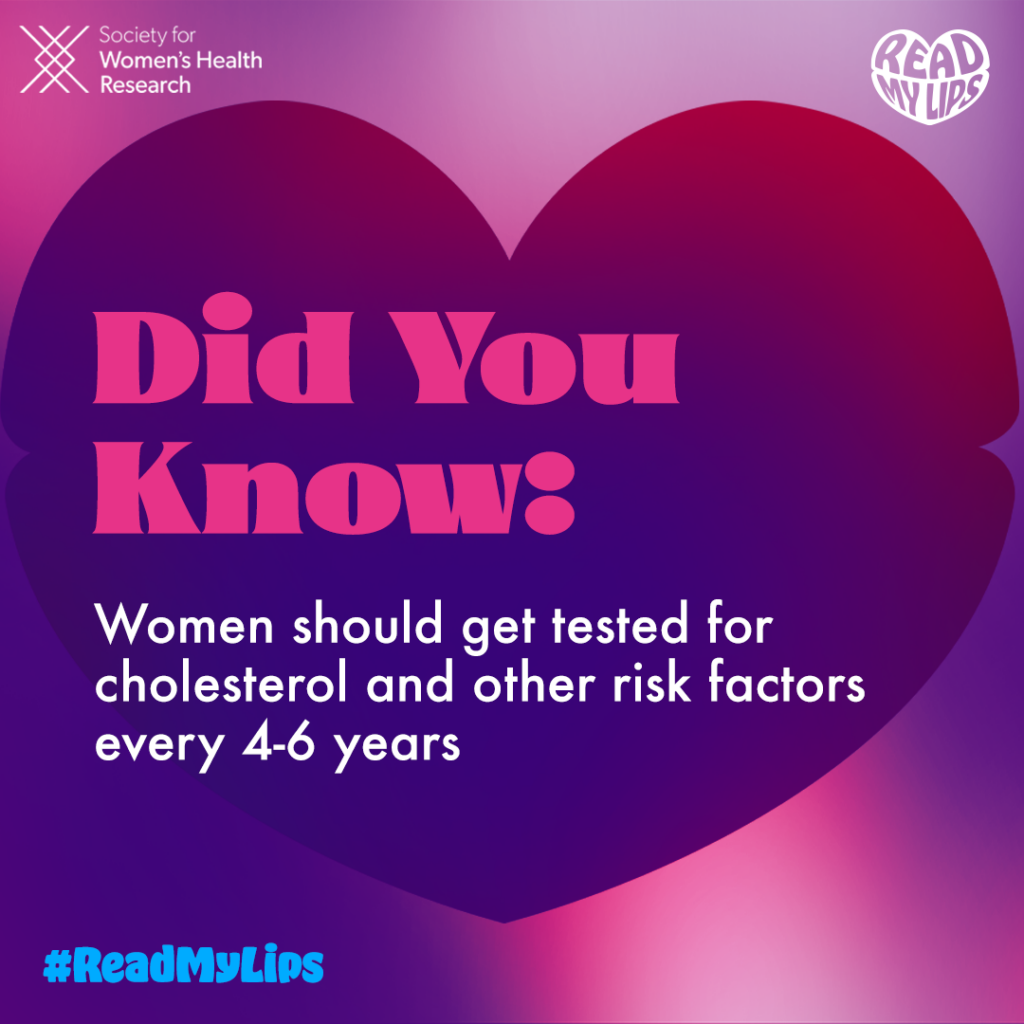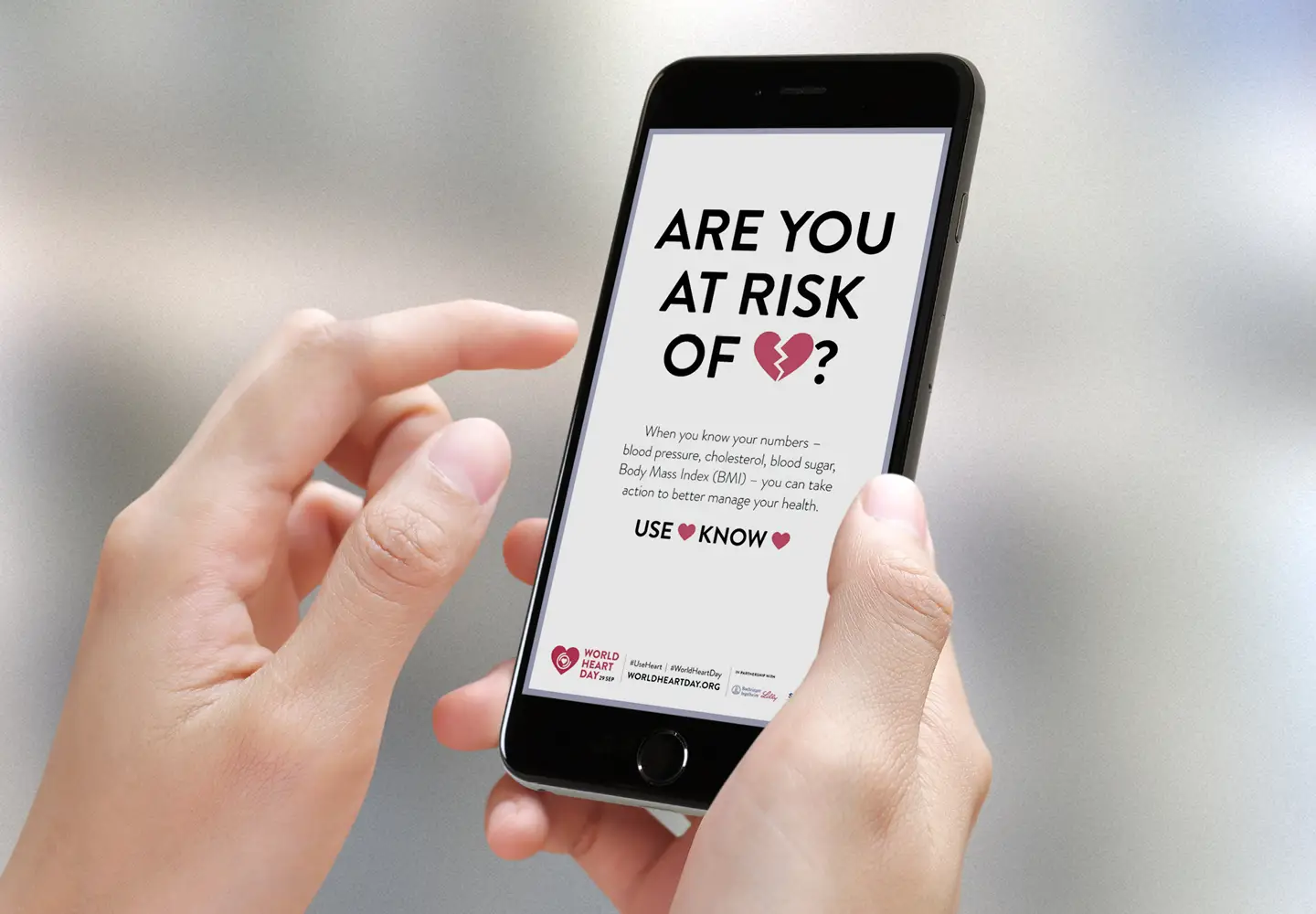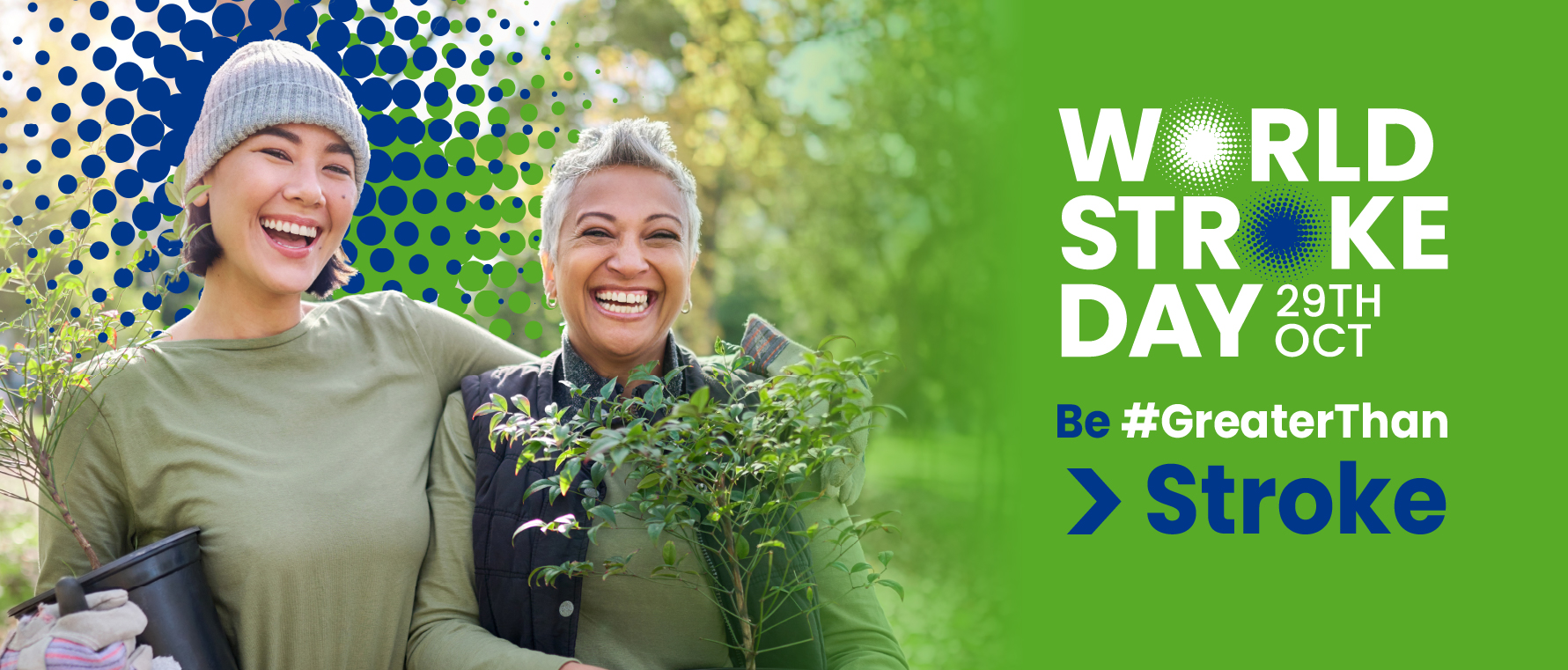“ Hormone therapy might slightly increase
your risk of stroke or blood clots in the legs or lungs
(especially if taken in pill form)”.1
Umbrella
What may the Hormone Therapy and Stroke Umbrella include?
Depending on the Source (DotS) this Umbrella may include:
- Cardiovascular Disease
- Hormone Replacement Therapy (HRT)
- Hormone Therapy (HT)
- Menopausal Hormone Therapy (MHT)
- Stroke
Cardiovascular Disease
What is cardiovascular disease (CVD)?
DotS the definition of CVD may vary. In Cardiovascular Heart Disease the British Heart Foundation’s (BHF) definition is:
Stroke
What is a stroke?
DotS the definition of a stroke may vary. The American Stroke Association’s definition is:
“A stroke occurs when a blood vessel that carries oxygen and nutrients to the brain is either blocked by a clot or bursts (or ruptures). When that happens, part of the brain cannot get the blood (and oxygen) it needs, so it and brain cells die”.3
Primary Ovarian Insufficiency and Premature or Early Menopause
Is HT recommended for women with primary ovarian insufficiency and premature or early menopause?
On page one in The North American Menopause Society Releases Its 2022 Hormone Therapy Position Statement, published 07 July 2022, the North American Menopause Society (NAMS) explain:
- “Women with primary ovarian insufficiency and premature or early menopause have higher risks of bone loss, heart disease, and cognitive or affective disorders associated with estrogen deficiency. It is recommended that hormone therapy can be used until at least the mean age of menopause unless there is a contraindication to its use”.4
Risk
What is the risk of stroke associated with HT?
On page one in Deciding About Hormone Therapy Use: Potential Benefits, published July 2022, the NAM explain:
 “As with all medications, HT is associated with some potential risks. For healthy women with bothersome hot flashes aged younger than 60 years or within 10 years of menopause, the benefits of HT generally outweigh the risks. Hormone therapy might slightly increase your risk of stroke or blood clots in the legs or lungs (especially if taken in pill form)”.5
“As with all medications, HT is associated with some potential risks. For healthy women with bothersome hot flashes aged younger than 60 years or within 10 years of menopause, the benefits of HT generally outweigh the risks. Hormone therapy might slightly increase your risk of stroke or blood clots in the legs or lungs (especially if taken in pill form)”.5 In Menopausal Hormone Therapy, Heart Disease and Stroke the European Menopause and Andropause Society note:
- “MHT may confer a small risk of stroke, more so with oral than with transdermal estrogen”.6
Chronic Disease
Is HT recommended for the prevention of stroke?
On page four in the Joint Position Statement By the British Menopause Society, Royal College of Obstetricians and Gynaecologists and Society for Endocrinology on Best Practice Recommendations for the Care of Women Experiencing the Menopause, first published online 10 June 2022, one of the recommendations is:
- “HRT should not be recommended for the primary or secondary prevention of chronic disease in women experiencing the menopause in keeping with national and international guidelines”.7
Health Care Provider
If I choose to use HT what is my risk of stroke?
Different women who choose to use HT can have different risks of stroke. It may therefore be in your best interest to also choose to talk to your health care provider about this.
On page two in the Joint Position Statement By the British Menopause Society, Royal College of Obstetricians and Gynaecologists and Society for Endocrinology on Best Practice Recommendations for the Care of Women Experiencing the Menopause another of the recommendations is:
- “The decision whether to take HRT, the dose and duration of its use should be made on an individualised basis after discussing the benefits and risks with each patient. This should be considered in the context of the overall benefits obtained from using HRT including symptom control and improving quality of life as well as considering the bone and cardiovascular benefits associated with HRT use”.8
Health Topics A-Z
Where may I find Health Topics A-Z related to Hormone Therapy and Stroke?
In Health Topics A-Z you may find:
Health Topics A-Z
- Hormone Therapy
- Hormone Therapy 2022 Update for Chronic Conditions
- Hormone Therapy Alternatives
- Hormone Therapy Benefits and Risks
- Hormone Therapy Videos
- Hormone Therapy and Blood Clots
- Hormone Therapy and Heart Disease, Stroke Prevention
- Menopause and Cardiovascular Disease
- Stroke
- Stroke Prevention
Links
Where may I find Links related to Hormone Therapy and Stroke?
Your Country may have Links similar to:
Links
This Links List to third party websites is neither comprehensive nor exhaustive. Inclusion on this Links List does not imply endorsement or recommendation. Non-inclusion on this Links List does not imply non-endorsement or non-recommendation. Third party websites are not under the control of Meno Martha International Menopause Directory. Third party websites may contain explicit medical images and/or sexual references. Please read Meno Martha International Menopause Directory’s Links Policy before proceeding to a Link. Please contact Webmaster if you experience a problem with a Link.New or Updated
- Guidance on Menopausal Hormone Therapy
- Mayo Clinic Minute: What Women Need To Know About Stroke [+ Video Courtesy: Mayo Clinic News Network]
- Menopause: Understanding the Changes and Finding Relief | Dr Susan Davis | The Proof Podcast EP 256
- Video Series-2024: Preparing for Your Menopause Health Care Visit [13 January 2024]
- Webinars: Previous – Hormones and Stroke: An Update on Treatment and Risk [20 February 2024]
- 5 Critical Steps To Help Prevent A Stroke
- 7 Things You Can Do To Prevent A Stroke
- About Stroke
- BMS TV: Bioidentical Hormones
- BMS TV: Coronary Heart Disease (CHD)
- BMS TV: Hormone Replacement Therapy (HRT)
- Bioidentical Hormones: Are They Safer?
- Blood Clots
- Cardiovascular Diseases
- Consumer Health: Menopause, Hormone Replacement Therapy and Heart Health
- Consumer Health: Stroke Awareness
- Deciding About Hormone Therapy
- Deciding About Hormone Therapy Use
- Dr Louise Newson: The Truth About the Menopause & HRT
- Family History
- Find A Menopause Practitioner [United States and Other]
- Find An AMS Doctor [Australasian Menopause Society i.e. Australia and New Zealand]
- Find Your Nearest BMS Menopause Specialist [British Menopause Society]
- Guidance on Menopausal Hormone Therapy
- HRT – Types, Doses and Regimens
- HRT: Benefits and Risks
- Healthy Lifestyle
- Heart Disease and Stroke In Women
- Hormone Replacement Therapy (HRT)
- Hormone Replacement Therapy (HRT): Alternatives To Hormone Replacement Therapy (HRT)
- Hormone Replacement Therapy (HRT): Benefits and Risks of Hormone Replacement Therapy (HRT)
- Hormone Therapy: Is It Right for You?
- Hot Flashes
- Hot Flashes: What Can I Do? [+ Video: What Are the Signs and Symptoms of Menopause?]
- Hypertension
- I Forgot To Ask the Doctor – E9: The Menopause: Can Every Woman That Wants It Have HRT?
- Later Years (Around 50 Years and Over): Menopause and Post Menopause Health – Hormone Replacement Therapy (HRT) [+ Video: Is HRT Bad for You?]
- Learning To Cope With Hot Flashes
- Let’s Talk About Perimenopause
- Life’s Essential 8
- Mayo Clinic Minute: Help With Hot Flashes Due To Menopause [+ Video]
- Mayo Clinic Minute: How Lifestyle Changes May Help Manage Menopause Symptoms [+ Video]
- Mayo Clinic Minute: What Women Need To Know About Stroke [+ Video]
- Mayo Clinic Q and A: 21st Century Stroke Prevention Strategies
- Menopausal Hormone Therapy
- Menopausal Hormone Therapy and Venous Thromboembolism
- Menopausal Hormone Therapy, Heart Disease and Stroke
- Menopause
- Menopause
- Menopause Management: Hormone Replacement Therapy (HRT) – Cardiovascular Disease & HRT
- Menopause Map: Downloadable Resources – My Personal Path Print Tools: Questions for Your Health Care Provider

- Menopause Patient Information [Videos] 2. Talking To Your GP About Menopause
- Menopause Patient Information [Videos] 3. The Risks & Benefits of HRT
- Menopause Patient Information [Videos] 4. The Different Types of HRT
- Menopause Patient Information [Videos] 5. Lifestyle Advice In Menopause & Perimenopause
- Menopause Preparedness Toolkit Video Series: Common Conditions Associated With Menopause and Midlife
- Menopause Preparedness Toolkit Video Series: Lifestyle Tips for Menopause Wellness
- Menopause Preparedness Toolkit: A Woman’s Empowerment Guide
- Menopause Symptoms: Mayo Clinic Expert Outlines Hormone and Nonhormonal Therapies
- Menopause Treatments: What Works, What Doesn’t
- Menopause and Heart Disease
- Menopause and Women’s Health
- Menopause and Your Health
- Menopause, Perimenopause, Hormone Therapy and Other Treatments With Madelyn Butler, MD [Podcast]
- Menopause: Diagnosis and Management – Information for the Public: Benefits and Risks of HRT – Heart Disease and Stroke (Cardiovascular Disease) [NICE Guideline]
- Menopause: Diagnosis and Management – Information for the Public: Questions To Ask About Menopause [NICE Guideline]
- Menopause: Understanding the Changes and Finding Relief | Dr Susan Davis | The Proof Podcast EP 256
- National Center for Complementary and Integrative Health: Herbs At A Glance
- National Center for Complementary and Integrative Health: How Safe Is This Product or Practice?
- Natural Remedies To Help Manage Perimenopause Symptoms
- Natural Therapies & Supplements
- Navigating Menopause: Expert Insights and Solutions | Dr Susan Davis | The Proof Podcast EP 245
- Non-Estrogen Treatments for Menopausal Symptoms
- Nonhormone Treatments for Hot Flashes and Night Sweats
- Perimenopause
- Postmenopause
- Preventing Cardiovascular Disease
- Q&A: Health Changes During Menopause Associated With Increased Cardiovascular Risk
- Read My Lips

- Revised Global Consensus Statement on Menopausal Hormone Therapy
- Staying Healthy During and After Menopause
- Stroke
- Stroke
- Stroke
- Stroke
- Stroke.org [American Stroke Association]
- The 2023 Nonhormone Therapy Position Statement of The North American Menopause Society
- The Menopause: After the Menopause
- The Truth About Menopause Supplements | Dr Sarah Berry
- Therapy for the Effects of Menopause
- Tips To Help Manage Menopause Symptoms
- Types of Hormone Therapy
- Using Natural Therapies In the Menopause Transition – Webinar
- Video Series-2022: Hormone Therapy: Understanding the Risks and Benefits
- Video Series-2023: Menopause and Heart Disease
- Video Series-2023: NAMS 2023 Nonhormone Therapies Position Statement for Bothersome Menopause Symptoms
- Video Series-2023: New FDA-Approved Nonhormone Option for the Treatment of Hot Flashes
- Video: Leslie Cho, MD, Discusses CV Risks, Benefits of Menopausal Hormone Therapy
- Videos and Podcasts: Videos – Interviews: Heart Disease, Risk Factors of Developing Heart Disease, and Can I Take Hormones?
- Webinars: Previous – Hormones and Stroke: An Update on Treatment and Risk
- Webinars: Previous – Non-Hormonal Pharmacological Interventions For VMS
- What Is Cardiovascular Disease?
- Women & CVD
- World Heart Day [29 September]

- World Stroke Day [29 October]

Sources
Where may I find the Sources quoted?
You may find the Sources quoted at:
Sources
- The North American Menopause Society Releases Its 2022 Hormone Therapy Position Statement. 07 July 2022. North American Menopause Society https://www.menopause.org/docs/default-source/press-release/ht-position-statement-release.pdf Accessed: 19 March 2024
- Cardiovascular Heart Disease. Page Last Reviewed: October 2019. British Heart Foundation https://www.bhf.org.uk/informationsupport/conditions/cardiovascular-heart-disease Accessed: 19 March 2024
- About Stroke. American Stroke Association https://www.stroke.org/en/about-stroke Accessed: 19 March 2024
- Deciding About Hormone Therapy: Potential Risks. July 2022. North American Menopause Society https://www.menopause.org/docs/default-source/professional/menonote-deciding-about-ht-2022.pdf Accessed: 19 March 2024
- The North American Menopause Society Releases Its 2022 Hormone Therapy Position Statement. 07 July 2022. North American Menopause Society https://www.menopause.org/docs/default-source/press-release/ht-position-statement-release.pdf Accessed: 19 March 2024
- Menopausal Hormone Therapy, Heart Disease and Stroke. 2022. European Menopause and Andropause Society
https://emas-online.org/wp-content/uploads/2022/05/Menopausal-hormone-therapy-heart-disease-and-stroke.pdf Accessed: 19 March 2024 - Hamoda, H., Mukherjee, A., Morris, E., Baldeweg, S. E., Jayasena, C. N., Briggs, P., Moger, S. Joint Position Statement By the British Menopause Society, Royal College of Obstetricians and Gynaecologists and Society for Endocrinology on Best Practice Recommendations for the Care of Women Experiencing the Menopause. First Published Online 10 June 2022:3-4. https://journals.sagepub.com/doi/full/10.1177/20533691221104879 Accessed: 19 March 2024
- Hamoda, H., Mukherjee, A., Morris, E., Baldeweg, S. E., Jayasena, C. N., Briggs, P., Moger, S. Joint Position Statement By the British Menopause Society, Royal College of Obstetricians and Gynaecologists and Society for Endocrinology on Best Practice Recommendations for the Care of Women Experiencing the Menopause. First Published Online 10 June 2022:2. https://journals.sagepub.com/doi/full/10.1177/20533691221104879 Accessed: 19 March 2024



